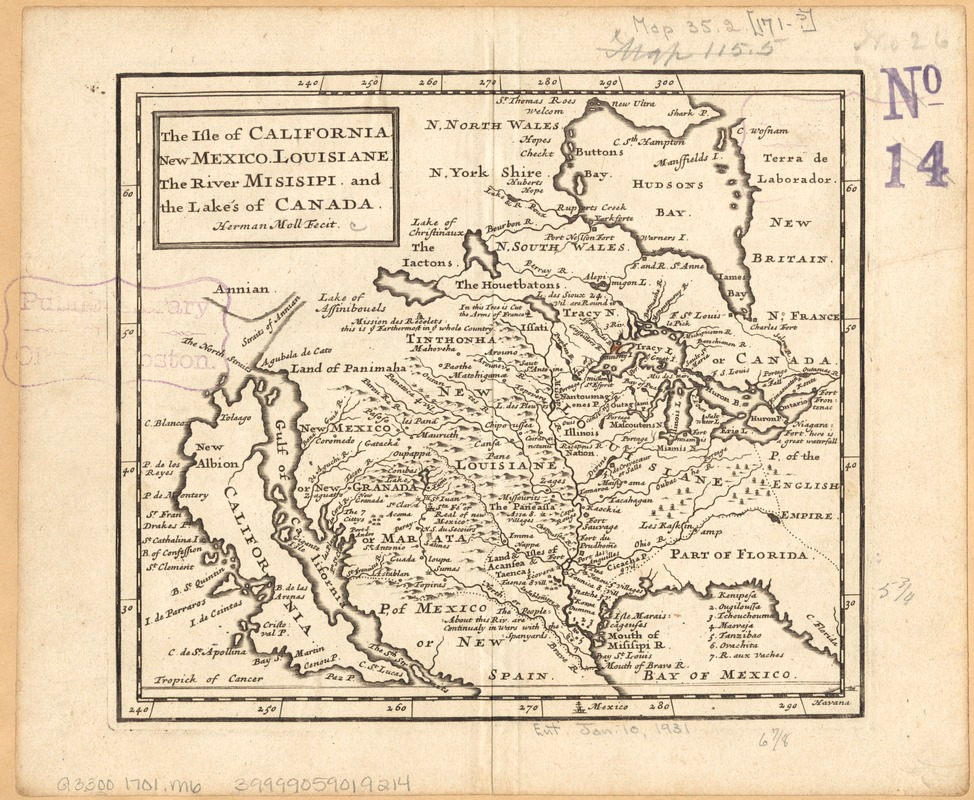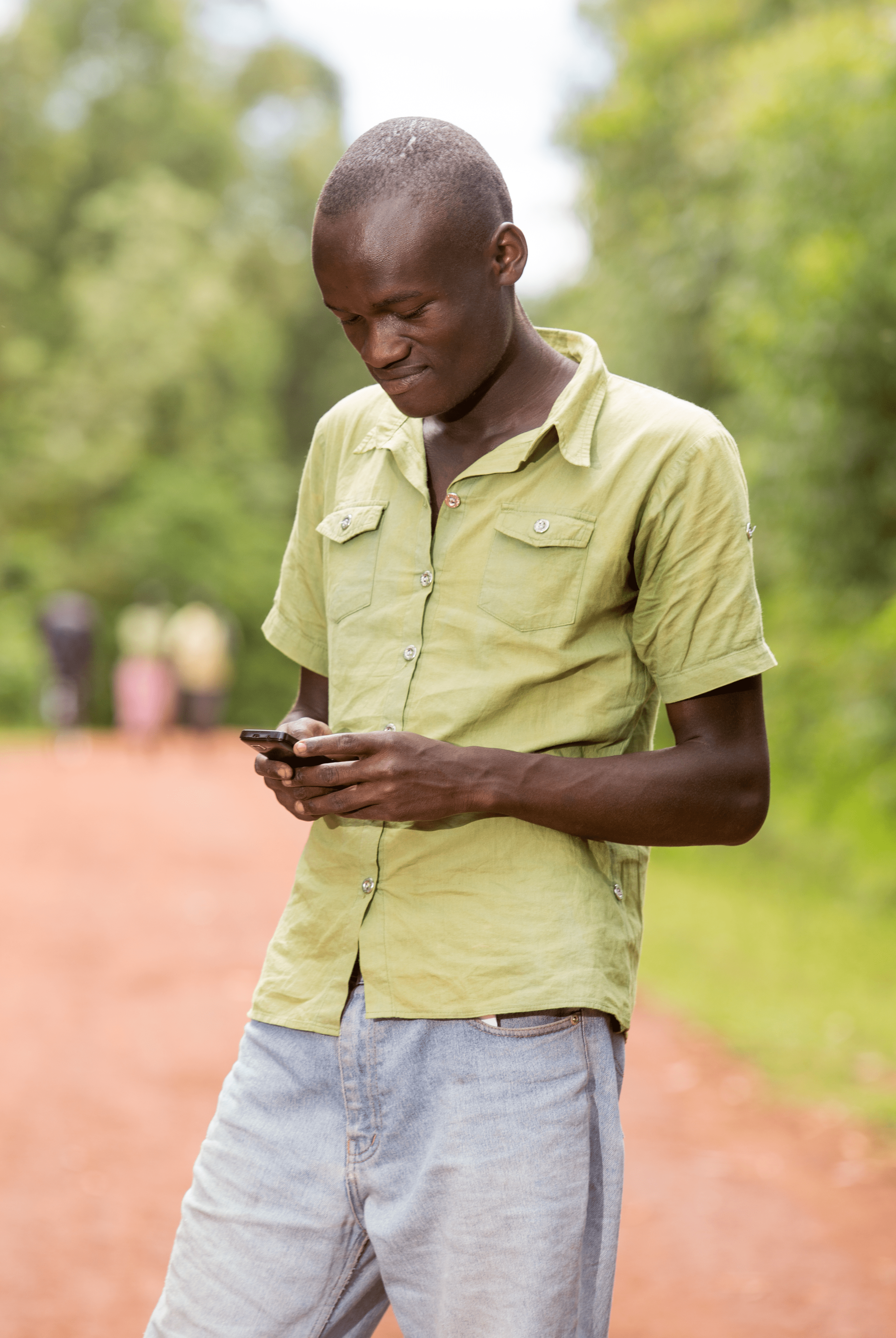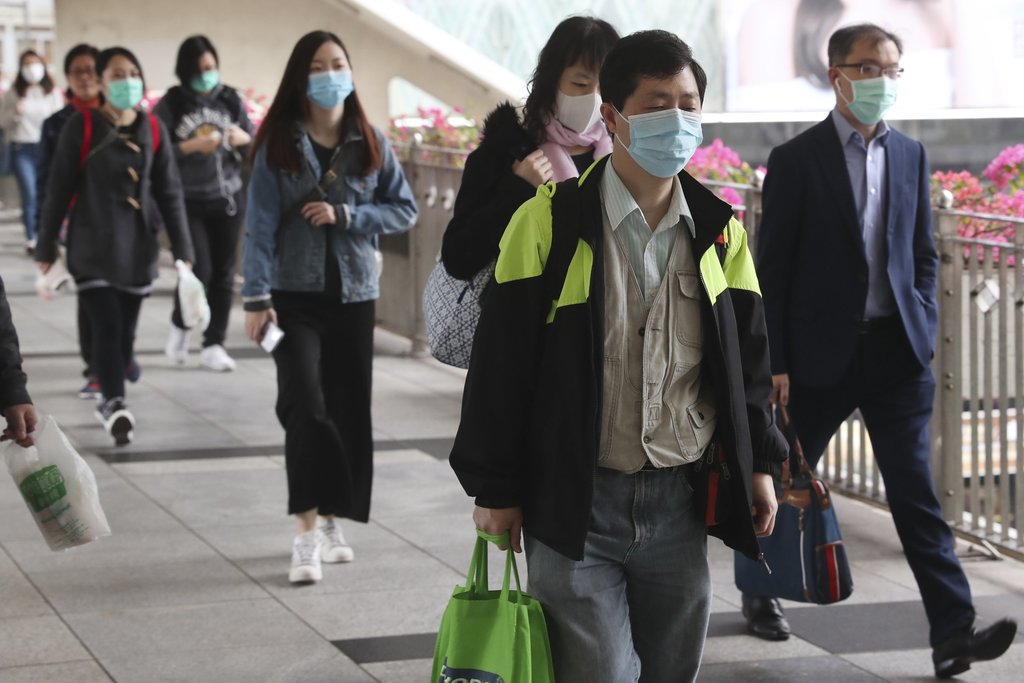If border closures are stopgaps that are costly and potentially illegal, then countries must explore additional options for dealing with infectious diseases.


If border closures are stopgaps that are costly and potentially illegal, then countries must explore additional options for dealing with infectious diseases.

This is a guest post from Hina Khalid and Ashley Fox. Hina Khalid, PhD, MPP is an Assistant Professor in the School of Humanities and Social Sciences, Information Technology University, Lahore,...

This post is part of the Bridging the Gap channel at the Duck. Danielle Gilbert is a PhD candidate in political science and a fellow with the Institute for Security and Conflict Studies at the...

This is a guest post from Ashley Fox, an Assistant Professor of Public Administration and Policy at Rockefeller College of Public Affairs and Policy, University at Albany, SUNY. who researches the...

This is a guest post from Ben Bellows, PhD (UC Berkeley, epidemiology), currently a researcher at the Population Council in Washington DC and a co-founder and the Chief Business Officer at Nivi Inc., a digital health company empowering consumers in emerging markets. Nivi is supporting the COVID-19 response here. Background: the problem Disease outbreaks are as much a social phenomenon as a biological one. Rumor, innuendo, and public sentiment drive disease transmission dynamics. Covid-19 is no different; the fact checking website, Snopes.com, has a dedicated “covid-19” tag to run the...

Steve Saideman’s recent Duck piece on international relations scholars’ relative silence on issues of pandemics, and public health more generally, has ruffled feathers[1]and generated a lot of discussion: about marginalization of certain research outlets and methodologies, about the value of interdisciplinary work in a self-identifying-as-such-but-still-not-all-that-interdisciplinary discipline, and about what it means to say “IR as a field has little to say” vs. “individual IR scholars having said quite a bit.” This all hits pretty close to home. As an IR scholar whose main area of...

This is a guest post from Peter Verovšek, a Lecturer (Assistant Professor) in Politics/International Relations at the University of Sheffield The Coronavirus has turned us all into amateur epidemiologists. This desire for greater understanding makes sense in the face of a threat as novel and as dangerous as COVID-19. The shutdown of massive sections of the economy and state-mandated orders to engage in social – or, more accurately, physical – distancing has left the majority of us stuck at home, wondering when things will go back to normal and worrying that they never will. As a result of...

* I have changed the title as I got plenty of pushback on twitter--that there is plenty of IR on Pandemics, not just in the major journals. And I will add an update at the bottom later to address the criticisms later. People are wondering why there has not been much scholarship on the international relations of pandemics in the mainstream journals. out of curiosity, looked at how many times the term “pandemic” has appeared in top IR journalsIO: 0APSR: 0JCR: 0WP: 0AJPS: 3EJIR: 6JPR: 8JOP: 8IS: 13ISQ: 17— Seva (@SevaUT) March 15, 2020 Not a scientific survey of the literature, but it gives you...

This is a guest post from Karen A. Grépin, Associate Professor, School of Public Health, University of Hong Kong As cases of COVID-19 soar globally, Hong Kong, Singapore, and Taiwan have garnered accolades from the international community for having kept their epidemics relatively under control through mid-March - despite the incredible threat they all faced earlier in the year of imported cases from China. With all of the praise flowing to Hong Kong, one might expect citizens to also have good things to say about their government’s handling of the outbreak - but you would be wrong. In fact,...

This is a guest post by Richard W. Maass, an Associate Professor at the University of Evansville. His research focuses on international security, US foreign policy, terrorism, and diplomatic history. He has a forthcoming book on how democracy and xenophobia limited US territorial expansion (Cornell UP, May 2020). The international experience of COVID-19 will have many implications for international relations. Scholars have already begun discussing its implications for IR theories, hegemonic stability theory, and measures of state capacity. When all is said and done, I think the central...

As the world rushes to respond to the Covid-19 pandemic, international relations scholars have a lot to say. We are not public health experts, or pathologists. But we can speak to the way states respond to common threats and the political process needed to formulate an effective response. One common reference is the realist idea of self-interest driving state behavior and undermining collective action. Yet, while realism as an inclination can explain what's going on, Realism as a scholarly theory cannot. Many scholars and general observers of international relations have reacted with...

This crisis has us all having a lot of feelings. I am feeling a bit nostalgic for Hegemonic Stability Theory. While Comparative Politics will have much to say about why countries varied in their responses (also see Max Brooks's World War Z [the book, NOT the movie] to get a taste of the comparative politics of pandemics), it is the job of IR (and epidemiologists) to discuss why the disease spread as it did and why the international community largely failed. While there are many theories that may apply, I think that HST applies quite well. Others have had great stuff on this--Paul Poast...